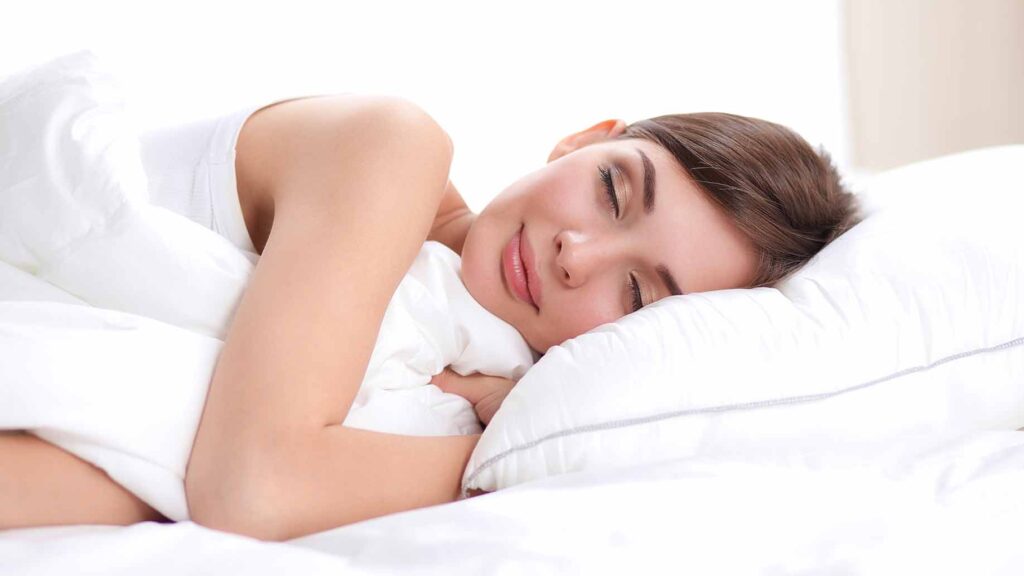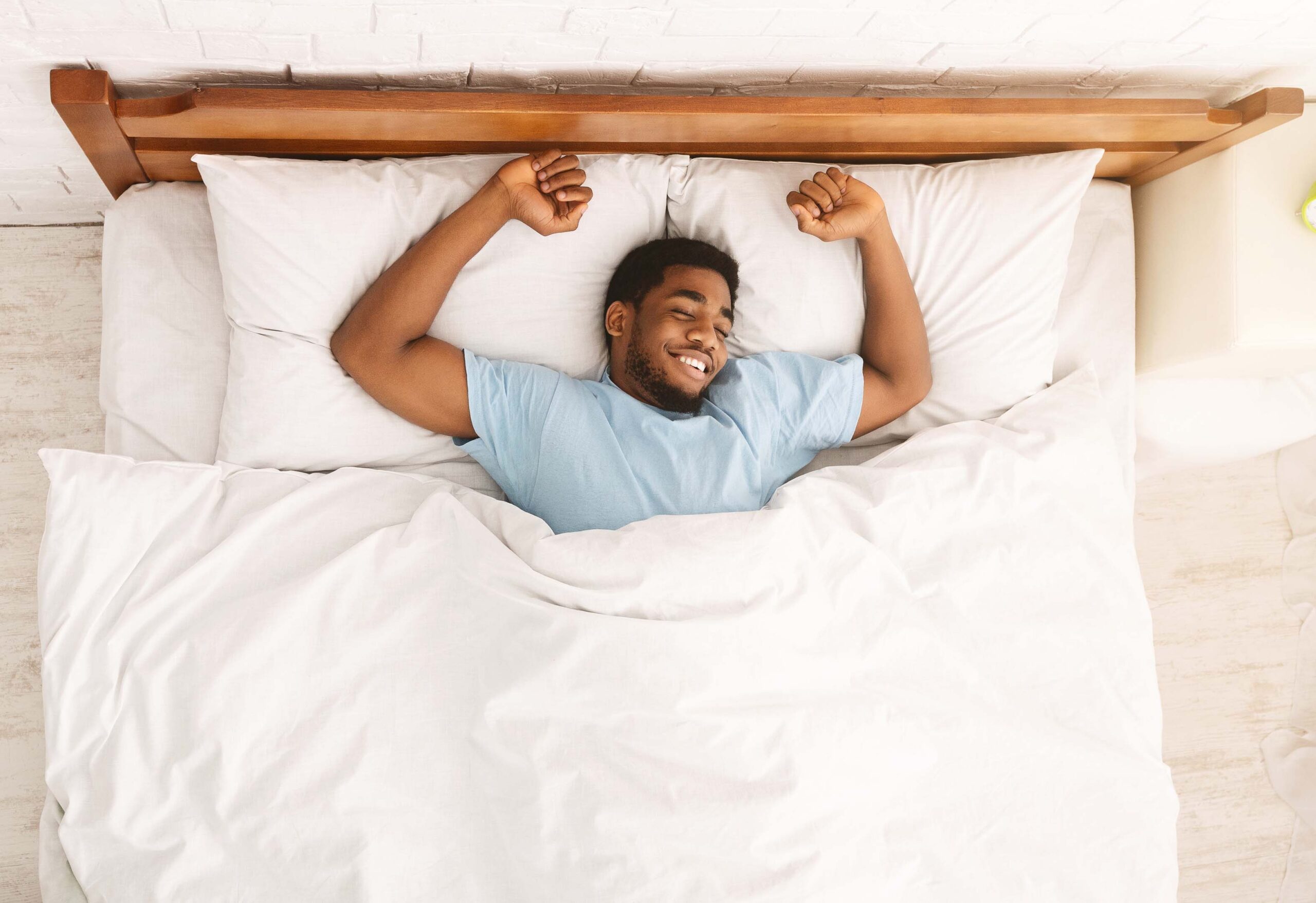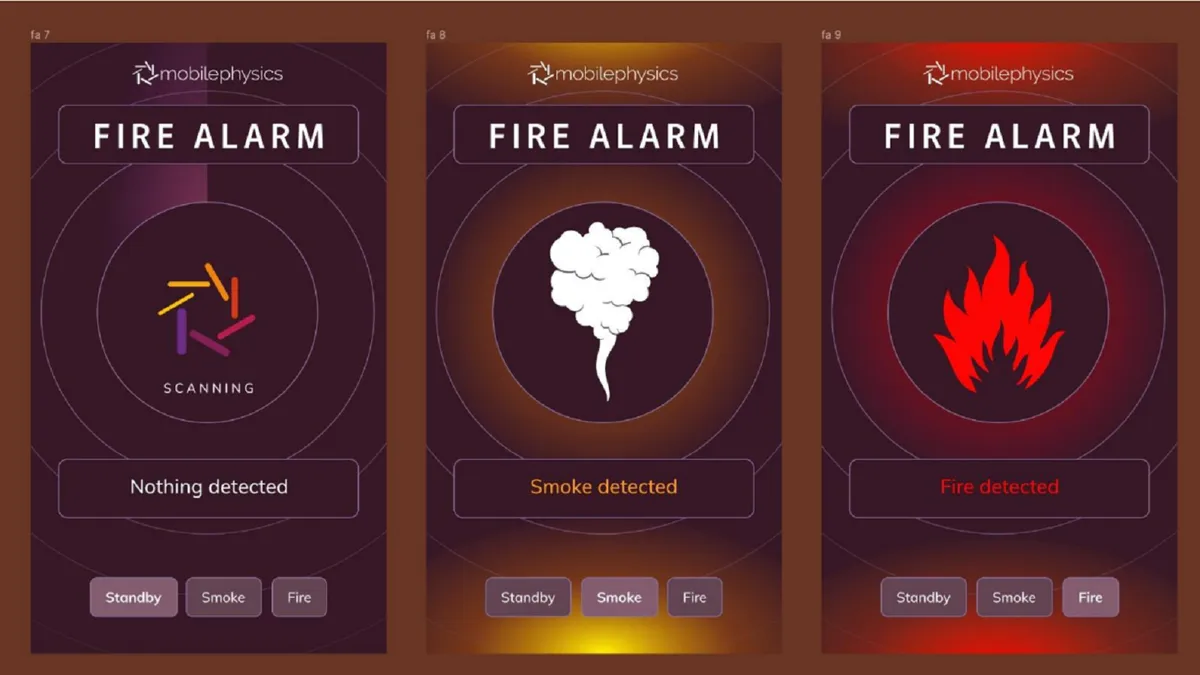
Whenever you come across advice on improving your sleep, you’ve likely encountered suggestions like using blue-light-blocking glasses, embracing tech fasts, or trying sleep supplements. But have you ever wondered why these tips are so common? The answer lies in your circadian rhythm, the internal clock crucial for regulating your body functions, adaptation, and, of course, sleep.
Your circadian rhythm, often referred to as your body’s “clock,” is significantly influenced by two main factors: environment and light. Dr. Craig Heller, a biology professor at Stanford University specializing in sleep and circadian rhythms, emphasizes that managing your surroundings and light exposure can have a profound impact on optimizing your circadian rhythm and, consequently, improving your sleep quality.
While it may initially seem challenging to control your environment and light, there are practical steps you can take to minimize disruptions to your circadian rhythm and promote better sleep.
What can you do to help regulate your circadian rhythm if it’s off?
Signs that your circadian clock is disrupted include problems falling asleep, feeling energized or wired at unusual times, or feeling super tired for periods during the day. One thing that can help keep your circadian rhythm on track is trying to stick to a consistent sleep and wake-up time, which is not always easy.
Keep a consistent sleep and wake up time: and try to keep it close to what feels natural to you.
Get light in the morning: Get sunlight in your eyes first thing in the morning when you can. Getting light early in the day tells your body it’s time to “wake up.”
Avoid bright lights in the evening: Like Heller said, light can affect your circadian rhythm, which is why avoiding bright lights in the evening and dimming your lights can make a difference.
Avoid blue light at night: Turn off the TV and other devices that emit blue light at least three hours before bed. If you can’t turn them off completely, install an app like F.lux or wear blue light or amber-tinted glasses to block the light.




